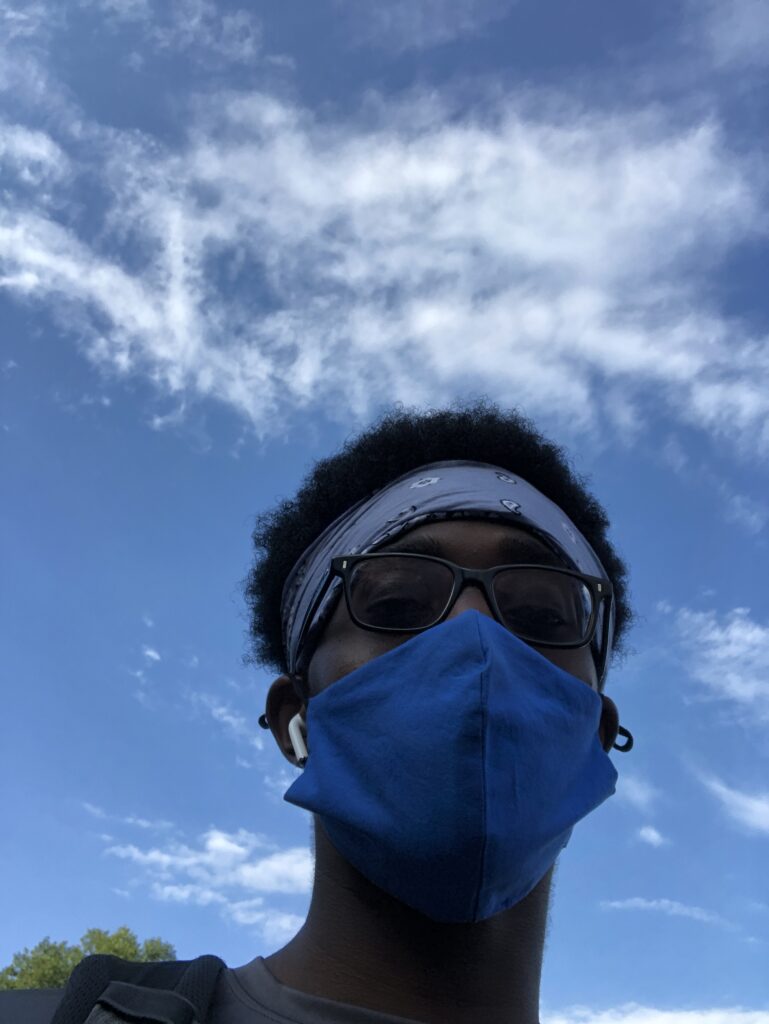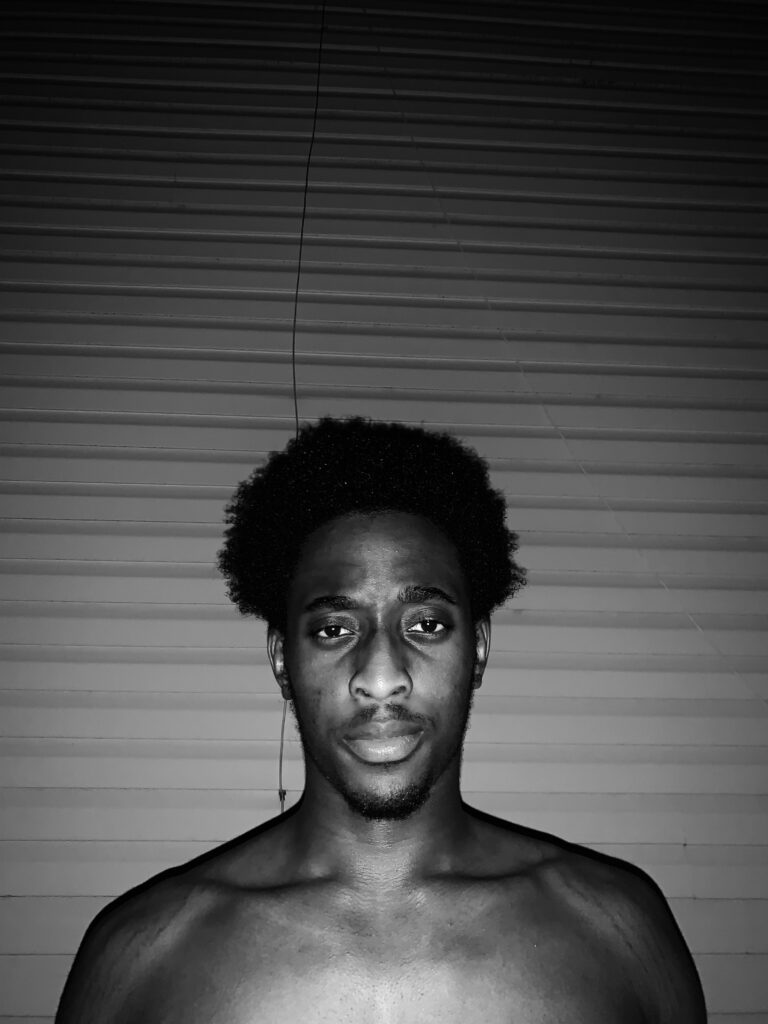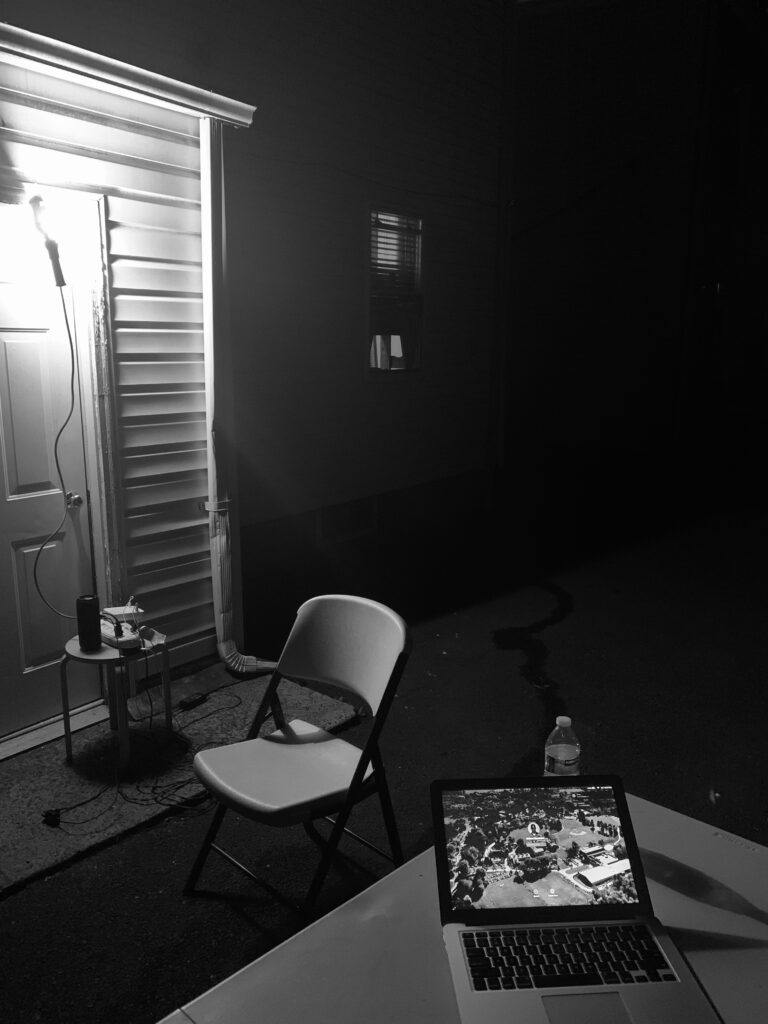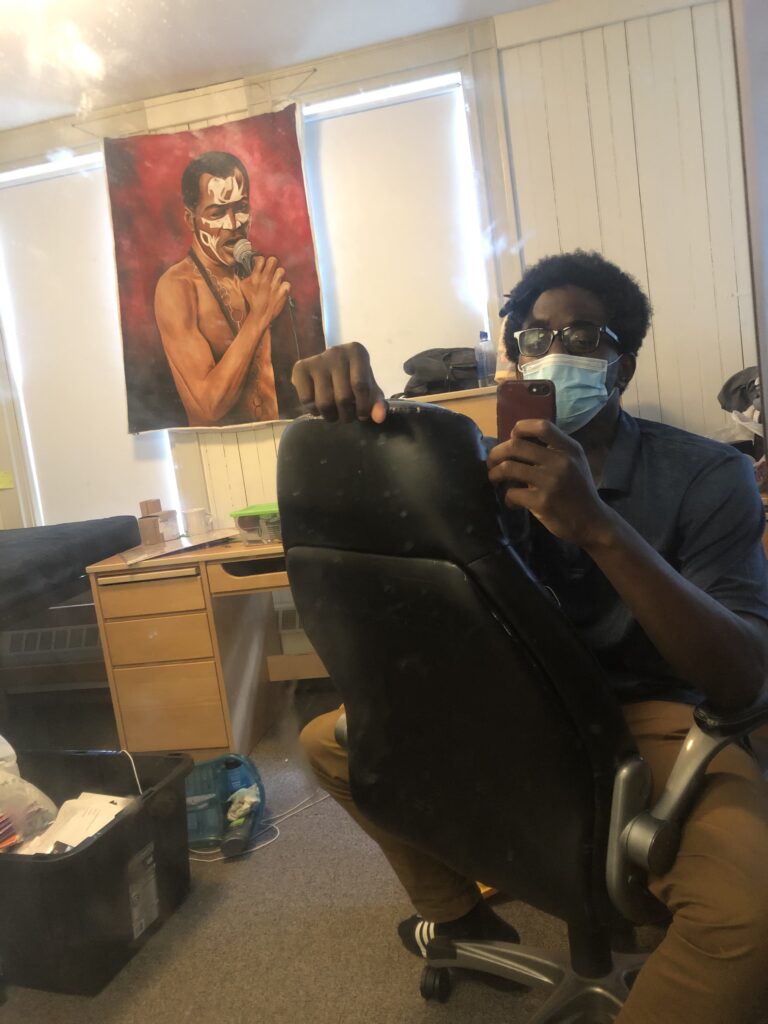
I bought my first journal on March 1, 2020, and wrote my first entry on March 3. I have been writing ever since. At the time, I was finishing up the winter term of my junior year at Groton School in Massachusetts.
If you ask anyone at Groton, being at a school like that is like being in a bubble. Despite that, we were all aware when coronavirus first became prevalent in the world. The weird part is that none of us thought it was real. In our little bubble we felt safe, and we had an administration that perpetuated that narrative, that illusion.
By the time Spring Break came around, I had forgotten about coronavirus and was focused on the day-to-day fun of being on vacation. I planned to stay up in Massachusetts with my roommate for one week and then drive down to New York with him and his family to go on some college tours, but this plan ultimately had to be trashed.
My first week out of school was spent visiting the local high school to lift and play basketball, then going to various stores throughout the city for snacks and drinks. All of a sudden one day, the streets turned barren and the stores closed, except for a few where everyone was stocking up on rolls of toilet paper and holding up the lines at checkout with disaster packs of food and water.
I hadn’t been following the media coverage so this all seemed very odd. On the same day, the college tours in New York were cancelled because things were starting to happen there that made social distancing the new norm. Eventually my parents came to take me home, where the real impact of this virus became felt.

More people fell ill, and the world seemed chaotic. All I felt was disappointment as I watched the news each day and became more aware of everything that was being ripped away from me. Each day felt dimmer and dimmer, a feeling that built up in me despite the fact that I was safe in the comfort of my home, with both of my parents working uninterrupted from home while I took online classes. My home was my sanctuary and stepping outside could mean hospitalization or death for me or my family.
The world around me had gone awry and the little control over my life that I once had was non-existent. On top of the pandemic, I saw that injustices done to black people were still growing despite the crisis.
I think the worst part about anger is that it can’t always be expressed or alleviated. Sometimes you must sit with it and that is what I’ve been doing. My parents forbade me from joining any protests so instead, I took the time to write and reflect.
I am a 17 year old Nigerian-American, and being home has made me think hard about what that means. I have never before had to scrutinize my own mortality so closely. For me, this time has been a chance to realize that I have always looked at my privileges as givens in this life. They are not, so I am more thankful for them. With this truth, I feel grounded by a new sense of resilience.

